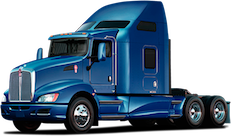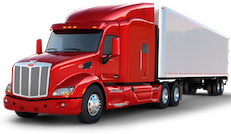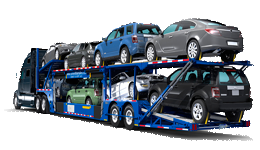If you’ve started a Trucking Company, you must schedule a DOT New Entrant Safety Audit within the first year
What is the New Entrant Safety Audit?
If you are a new company in Los Angeles conducting business across states, you need a New Entrant Safety Audit.
The process starts with your application, when you receive your operating authority. Once you complete this step, you’ll automatically be enrolled in the Entrant Safety Assurance Program. In the first 18 months, your business will be in the New Entrant Period. However, you are expected to complete your safety audit in the first 12 months.
As a new business, you are expected to operate safely, keep your records clean and up-to-date. Additionally, you are also expected to perform regular inspections and maintenance. Finally, the last requirement is to successfully pass the New Entrant Safety Audit.






When should I schedule my safety audit?
Your business will receive instructions from FMCSA for scheduling your safety audit. You have 90 days to schedule the audit from the moment you receive the letter in mail.
What does the safety audit cover?
- Driver Qualifications: The auditor will check your driver qualification file (DQF).
- Accident Registers and Documentation: Next, the auditor will check your company’s accident reports. Specifically your company must have active motor carrier insurance, an accident register listing any DOT-recordable accidents involving your company, and an accident report for each accident.
- Driver Duty Status/Hours of Service (HOS): The auditor will ask for “supporting documents” to compare against your driver’s logs to check for compliance with HOS regulations. You can use any documents that help the auditor determine the accuracy of your driver’s logs, such as receipts, dispatch records or bills of lading (BOLs).
- Controlled Substances and Alcohol Use Testing: The auditor will also review your company’s Drug and Alcohol Program including company records like test results and contracts with any third-party administrators.
- Vehicle Maintenance: You should have a maintenance file for each truck that shows all inspections, maintenance, and repairs, as well as driver vehicle inspection reports (DVIRs).
- Hazardous Materials: If you haul hazardous materials, make sure you are compliant with required permits and rules. For more information on best practices you can visit the FMCSA website.